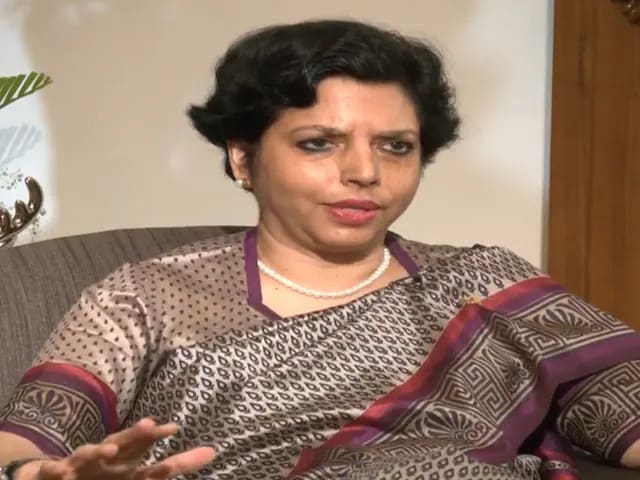Justice Hima Kohli (retired), who has always been vocal about women’s rights and is considered a tough judge, recently retired from the Supreme Court. In an exclusive conversation with NDTV, Justice Kohli spoke on a range of issues from her long experience in the legal profession.
“Women judges need to be tougher because they face more difficulties in the judiciary. It was very difficult to become a woman judge back in the 1980s. Women also face many difficulties in advocacy,” Justice Kohli told NDTV.
She was the ninth woman judge in the history of the Supreme Court, and the first woman judge in the Delhi High Court.
Justice Kohli has been known as a tough judge, and has been part of many historic decisions, with a focus on women’s rights.
Explaining some of the difficulties that women face, Justice Kohli said first and foremost they have to take care of family and children. “Why should only women judges run family courts, child welfare, etc? Women judges should get jurisdiction in other areas too… Gender bias as far as bench composition is concerned is absolutely abhorrent. They face problems in working on criminal cases… First-generation lawyers face the biggest challenge as they do not have any resources, office or anyone to handle files,” she said.
“A woman choosing to be a lawyer was difficult in itself. While judicial officers had it easier to make it to the bench, going to the bench from the bar was more difficult for a woman lawyer,” Justice Kohli told NDTV.
“How well you handle any situation could determine if you reach there. As a judge, I never had a problem with my colleagues. Senior peers were quite supportive,” she said.
She asked the public to keep their trust in the Supreme Court as judges listen to their conscience. Though there have been controversial cases, it is only natural for judges to make mistakes sometimes as they are also human, Justice Kohli said.
She praised the use of virtual hearings as it has enabled justice to reach the homes of the common people directly.
On professionalism, Justice Kohli said it is important for judges to see everyone equally. “Whatever kind of relationship you have with someone outside, you should not cross the line. Mutual relations should not come in the way of work. As judges, we have to look only at the merit of the case and not the face,” Justice Kohli said.
She pointed at the need for judges to be aware of what’s happening in today’s world and not to stay disconnected. “Judges should know the problems of the common people. While judges are not on social media, it is important to be aware of what’s happening online,” Justice Kohli said.
She said her advice to young lawyers would be to sit in court in their free time, or head to the library and not the canteen. “If there is no case, do not sit at home,” she said.
Justice Kohli said she was fond of writing poetry, but had to keep some things on the backburner after becoming a judge, which she served for 18 years, as she had to spend a lot of time writing judgments.
She learnt gardening from her sister, and has been an avid music listener, but that gradually faded away after becoming a judge due to workload, Justice Kohli said, adding listening to music in the car was a rarity.
